detail profile andr c3 a9 carn c3 a8ge
Peran Yang Di Mainkan André Carnège
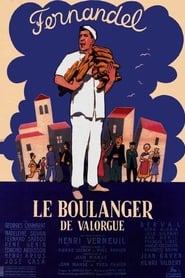 A small village is torn apart...
A small village is torn apart...The Wild Oat 1953
A small village is torn apart by a quarrel between the baker and the italian grocery tenant, mother of a pregnant young girl. She accuses the baker's son, doing his military service in Algeria, to be the father of the would be child. Offended, the baker refuses to deliver bread to the villagers standing on the mother's side.
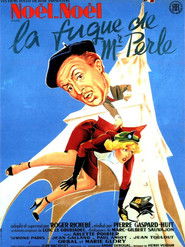 Modest fiftysomething Mr Perle is a...
Modest fiftysomething Mr Perle is a...Run Away Mr. Perle 1952
Modest fifty-something, Mr. Perle, is a baker in a small provincial town. He lives there with an authoritarian woman and her cousin, a parasite who poisons his existence. A Parisian notary writes to the hero to ask him to come and take possession of an inheritance. In Paris, Perle meets a pretty adventuress.
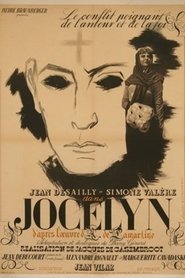 In 1786 Jocelyn entered the Seminary He...
In 1786 Jocelyn entered the Seminary He...Jocelyn 1952
In 1786, Jocelyn entered the Seminary. He leaves his share of the inheritance to his younger sister Julie. In 1793, on the point of being ordained a priest, the Revolution forced him to take refuge in the Alps. There he meets Laurence, first disguised as a young boy. A great friendship binds them which turns into love when Jocelyn discovers the girl's true identity. Yet faithful to the promise he made to the Superior of his Seminary, Jocelyn will not abandon his faith.
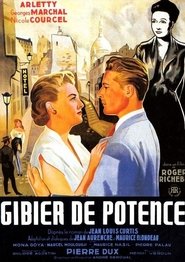 Back from the war Marceau Le...
Back from the war Marceau Le...Gigolo 1951
Back from the war, Marceau Le Guern remembers. Educated in an orphanage run by Dominican brothers, he fell into misery when he left it. His only asset was his good looks, which did not escape the attention of Madame Alice, a shady woman who persuaded him to pose for pornographic photos meant for lonely aging women. Marceau also served as a gigolo before the war and captivity put an end to this juicy business. Now he wants to start a new life, all the more as ha has found love in the person of a pure young lady named Dominique. But Madame Alice won't hear of it...
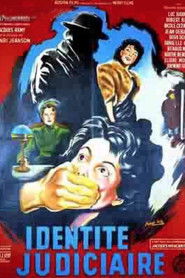 Identite Judiciare stars Raymond Souplex as...
Identite Judiciare stars Raymond Souplex as...Paris Vice Squad 1951
Identite Judiciare stars Raymond Souplex as wily French police inspector Basquier. The villain is Berthet (Jean Debucourt), a high-ranking government official. Basquier suspects that Berthet is a vicious murderer, but is unable to prove anything thanks to bureaucratic interference. Thus, the good inspector plays a waiting game a la Columbo, hoping for that one fatal slip on the part of the killer. Certain portions of Identite Judiciare proved a bit too intense for American audiences, and were accordingly snipped by the censors.
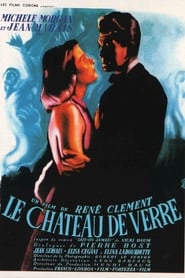 Evelyne a judges young wife falls...
Evelyne a judges young wife falls...The Glass Castle 1950
Evelyne, a judge's young wife, falls in love with Rémy while vacationing in Italy. Upon returning home, she must decide between telling her husband and continuing to see Rémy.
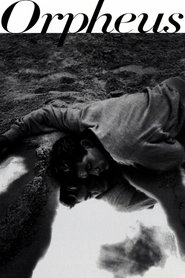 A famous poet in postwar Paris...
A famous poet in postwar Paris...Orpheus 1950
A famous poet in postwar Paris, scorned by the Left Bank youth, is in love with both his wife Eurydice and a mysterious princess. Seeking inspiration, the poet becomes obsessed and follows the princess from the world of the living to the land of the dead.
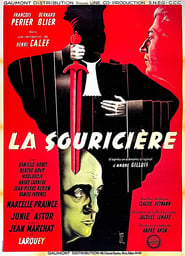 A young rogue kills an old...
A young rogue kills an old...Sorceror 1950
A young rogue kills an old lady to rob her. Arrested, he believes it is for this crime, hides nothing from his lawyer, who soon tells him that he is only accused of another theft prior to his crime. Sentenced to six months suspended prison sentence, he will also have to answer for the crime of the old lady.
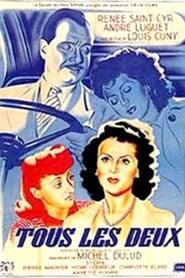 Jean and Claude he a car...
Jean and Claude he a car...Tous les deux 1949
Jean and Claude - he a car builder, she a model - loved each other, then separated because of Jean's despotic affections. Claude has retired with her child and a friend to a farm she can't manage. Wearily, the friend alerts Jean who, in the twinkling of an eye, erases the difficulties. Claude also learns that the child has been recognized and that his father has always looked after him. The two reconcile and embark on a journey for better or for worse.
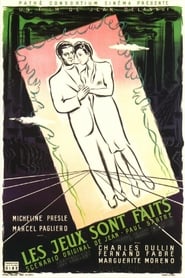 Les jeux sont faits is a...
Les jeux sont faits is a...The Chips Are Down 1947
"Les jeux sont faits," is a fantasy film based on a screenplay by French existentialist philosopher Jean-Paul Sartre. A society heiress and a resistance fighter are tragically killed at the same moment and meet in the afterlife. They are offered a second chance at life if they can prove their love is real or be doomed to roam the earth as ghosts.
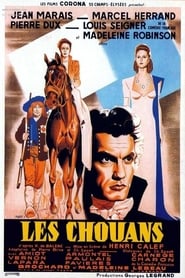 The Marquis de Montauran was appointed...
The Marquis de Montauran was appointed...The Royalists 1947
The Marquis de Montauran was appointed to command the Chouans whose first two revolts were crushed. An aristocrat, Marie-Nathalie de Verneuil, is sent by Joseph Fouché to seduce and capture him.
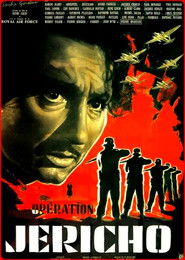 June 1944 a French town towards the...
June 1944 a French town towards the...Behind These Walls 1946
June 1944, a French town towards the end of the occupation. Following several attacks perpetrated by the resistance, the inhabitants who listen to English radio are rounded up by the Germans in a prison and considered as hostages. In one of the cells are found men from all walks of life: an aristocrat, the Viscount of Saint-Leu, Doctor Noblet, a resistance fighter, Béquille the wanderer with a wooden leg, and a strange character nicknamed "Black Market". The latter arouses mistrust among the prisoners, because it could well have been introduced by the enemy.
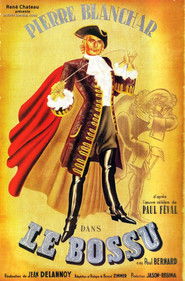 The knight Henri de Lagardre wants...
The knight Henri de Lagardre wants...The Hunchback 1944
The knight Henri de Lagardère wants to avenge the death of his friend, the duke Philippe de Nevers assassinated by the prince de Gonzague, a few years before.
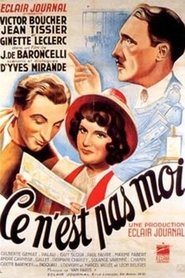 Cambo a banker has been in...
Cambo a banker has been in...Ce n'est pas moi 1941
Cambo, a banker, has been in trouble since a certain Parizot has tried to extort stocks from him. Following the advice of his friend Quincampoix, Cambo decides to trade places with Bardac, a painter, who happens to be his lookalike. Bardac slips into Cambo's shoes with delight although he does not really live up to his task. But Cambo, who manages to ruin Parizot, makes a 100% profit on the situation. There are of course some misunderstandings when one man is mistaken for the other, notably as concerns Lulu and Geneviève, respectively Bardac's and Cambo's sweethearts, but things finally return to their initial state.
 Lucien Bourrache a good looking noncommissioned...
Lucien Bourrache a good looking noncommissioned...Lady Killer 1937
Lucien Bourrache, a good looking non-commissioned officer at the Spahis, is used to charm many women. He met Madeleine Courtois at Cannes. She is beautiful and lives in luxury. He lends her a large amount of money, which she loses gambling. Then she drops him. But Lucien is now in love, and once demobilized, he goes to Paris to find her again. But he's not so sexy without his uniform, and Madeleine and him do not belong to the same milieu.
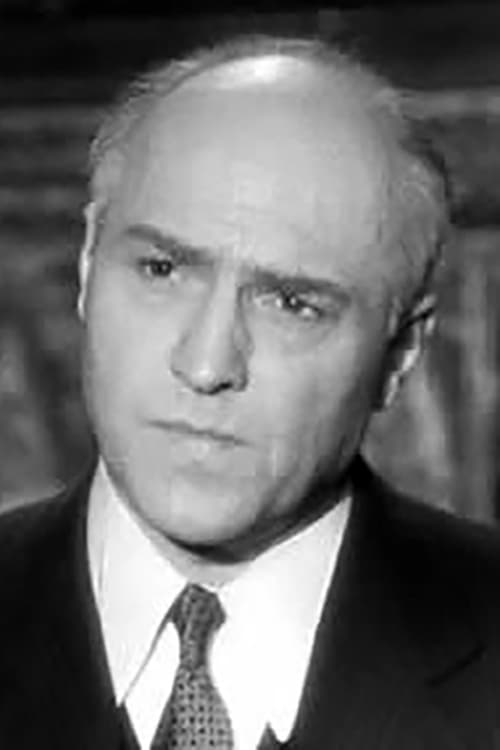
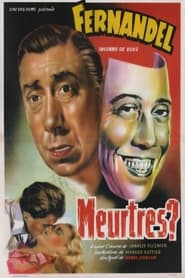 A man assists his gravely ill...
A man assists his gravely ill...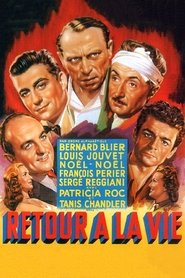 In France in 1946 the difficult return...
In France in 1946 the difficult return...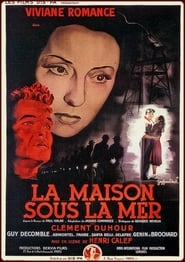 A stranger named Constant disrupts the...
A stranger named Constant disrupts the...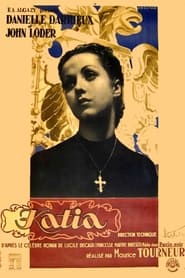 In the middle of the 19th...
In the middle of the 19th...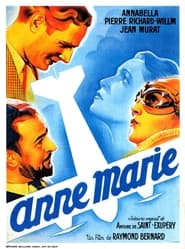 Raymond Bernards film of a script...
Raymond Bernards film of a script...